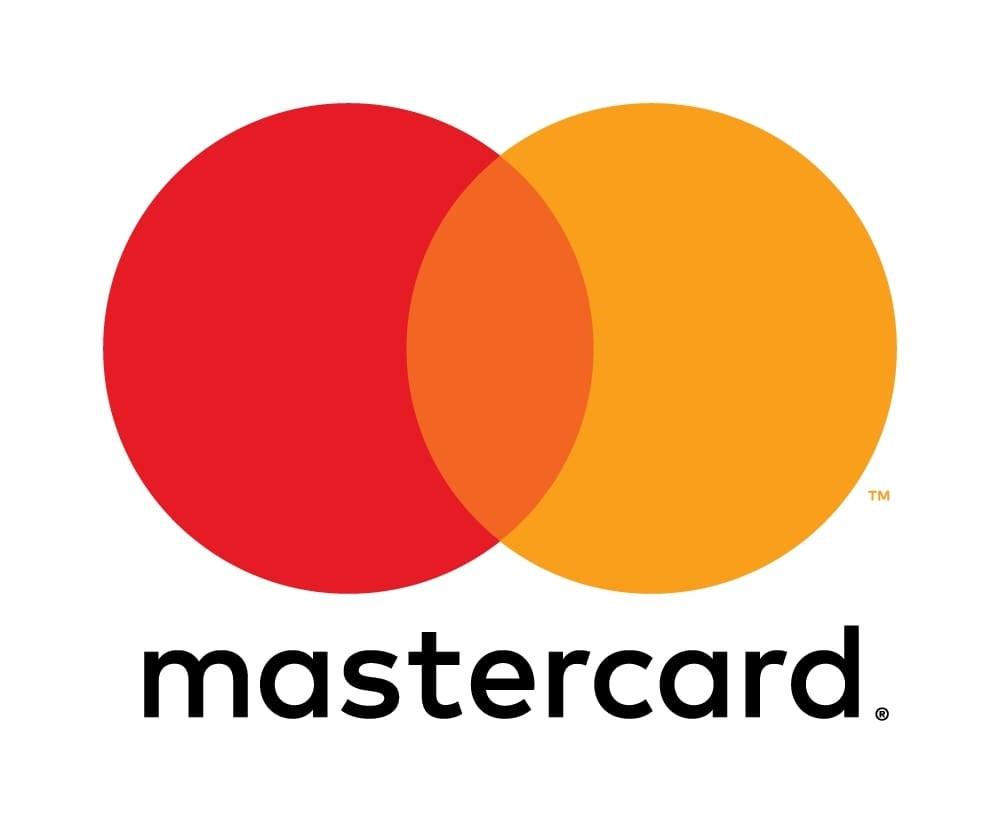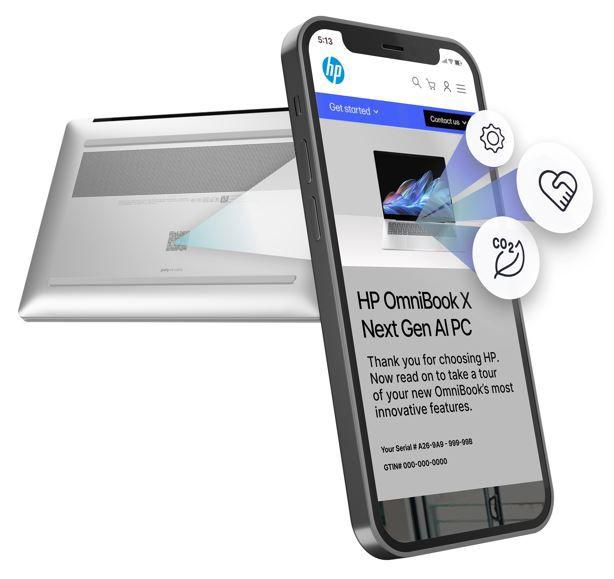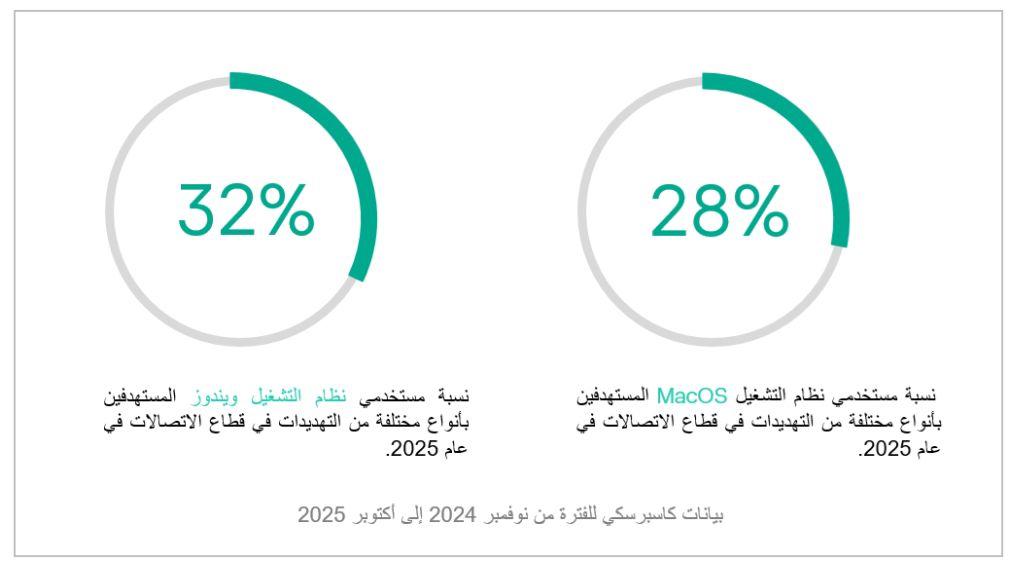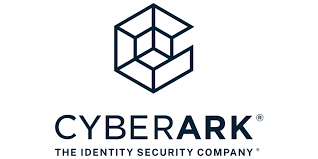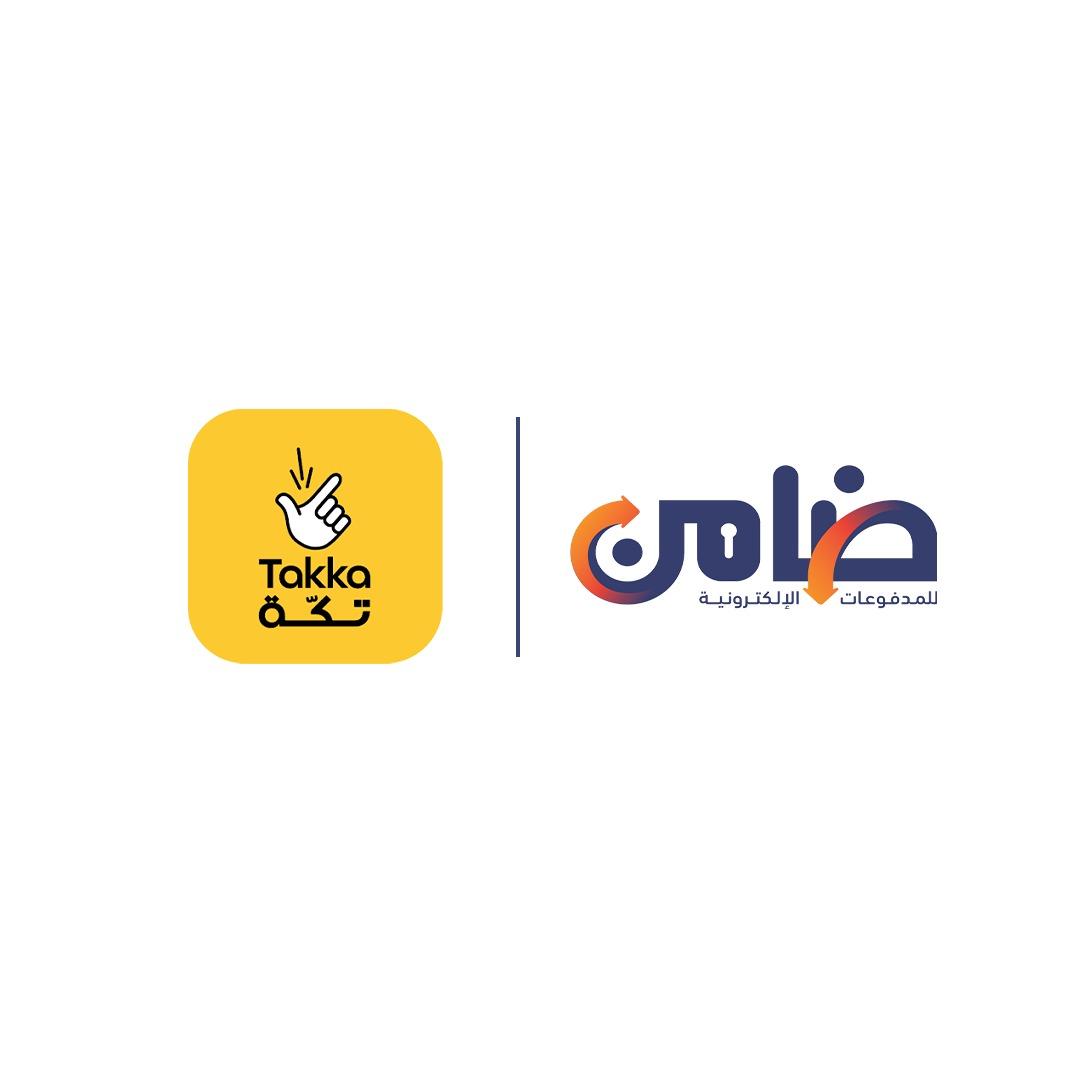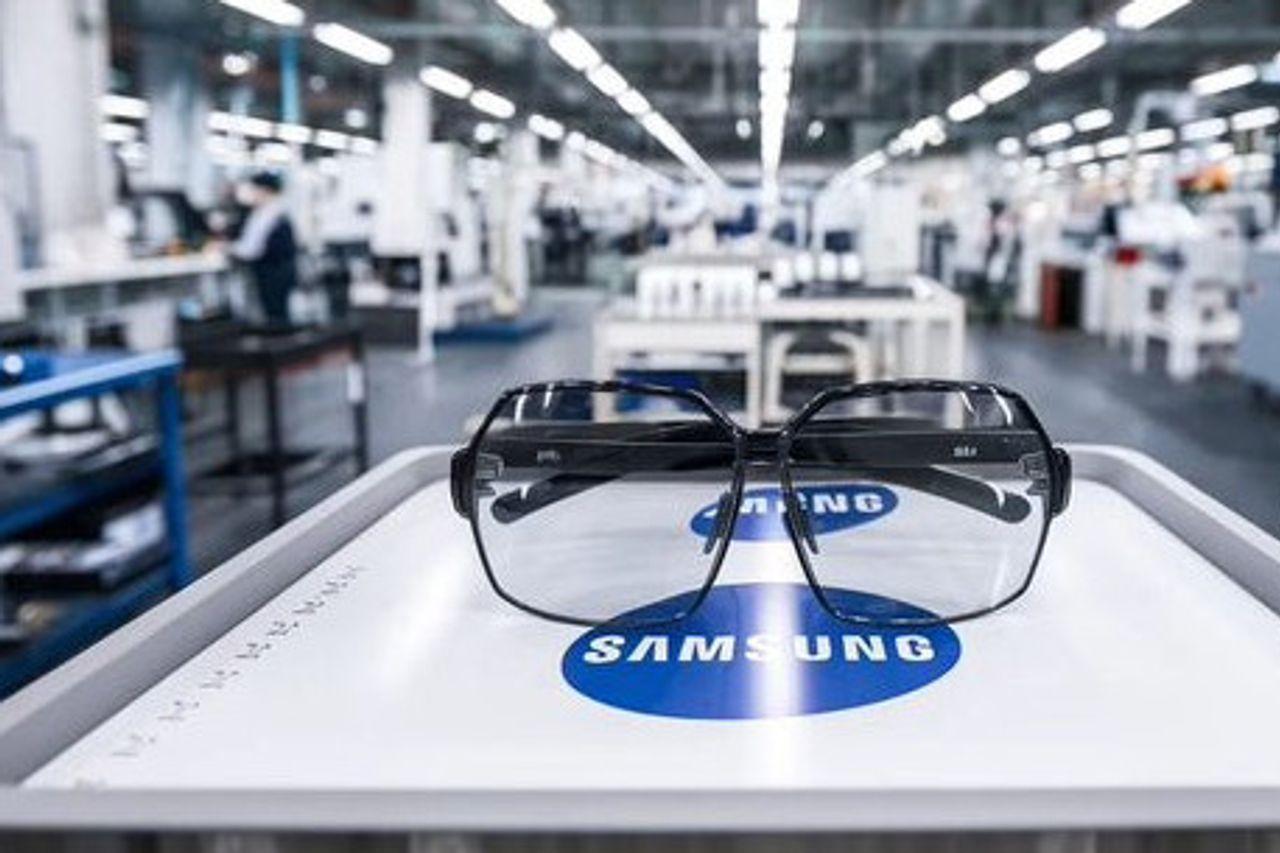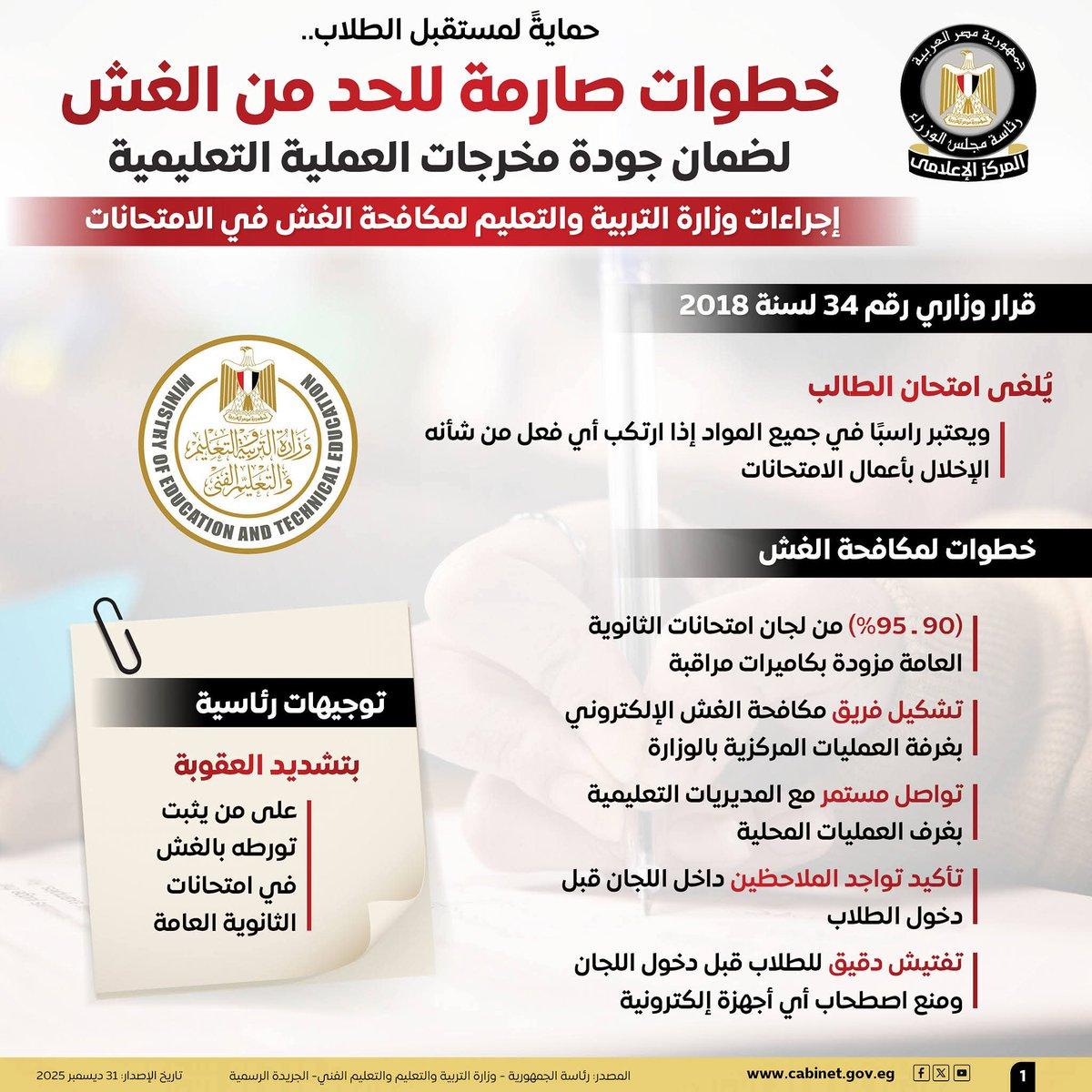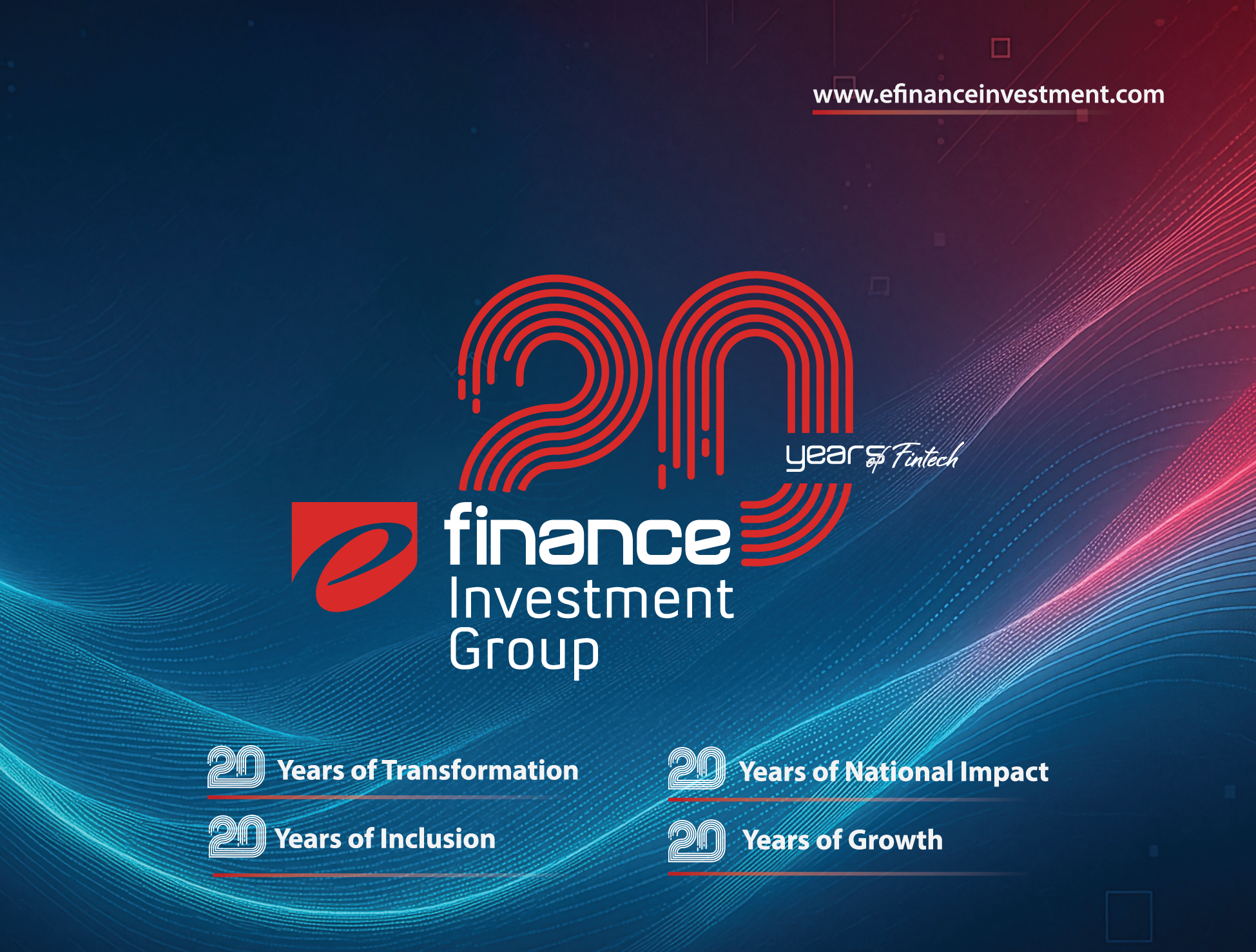-Consumers in Middle East are often early adopters of new products and services—especially when they are offered by brands that share their values and do good.
-Businesses in region serve an increasingly young population who are eager to embrace digital experiences and online services—provided they feel safe and secure while doing so.
-Balancing innovation imperatives with trust drivers can be challenging, as companies may need to contend with increased risk.
By : Mohamed Elkholy
A new report from Harvard Business Review Analytic Services in association with Mastercard details the importance for businesses across the Middle East to balance digital innovation and customer trust. The study explores the current business landscape through the lens of an increasingly young population, filled with consumers who prioritize brands with shared values and digital experiences that make them feel safe and secure.
It highlights trust as an important lever for customer loyalty, business sustainability, and innovation.
UNICEF estimates that half the population in MENA is 24 or younger. Their embrace of a digital world that is purpose-driven and built on connection bodes well for businesses in a region that prioritizes innovation.
However, with economic activity increasing online, security and privacy are emerging as foundational not just for trust but also for innovation.
Over 70% of businesses in the Middle East recognize that service reliability and availability are paramount. However, less than half (42%) realize the importance of data security and privacy to customers, especially as digital tools and experiences become ubiquitous. To safeguard the trust of consumers and earn a license to innovate in the future, businesses need to recognize that innovation requires flexibility and commitment.
Businesses are faced with the challenge of innovating to satisfy consumer demand for richer, more satisfying experiences while maintaining consumer trust. However, consumers in the region are also quicker than their global peers to punish businesses for adverse events by withdrawing their trust, which raises the stakes for businesses.
The report notes that 80% of Middle East consumers are eager to embrace digital benefits but will not buy from businesses or brands they don’t trust. Businesses in the region understand the importance of trust for their own sustainability, with more than three-quarters saying trust improves customer loyalty and more than half saying it provides a competitive advantage.
“As the Middle East’s young digital natives and adopters of new technologies become more discerning, companies have an opportunity to reorganize their innovation priorities to better align with the elements their consumers value, which in turn builds deeper trust. When consumers can trust businesses, it gives businesses the space and security to innovate.
Innovation can bring risk, and consumers across the region aren’t afraid to punish businesses they see as risky. That’s why trust is central to good innovation—it is the currency that underpins it,” said Amnah Ajmal, Executive Vice President for Market Development, Eastern Europe, Middle East, and Africa, Mastercard.
Middle East consumers are more sensitive than their global peers to factors that damage trust in brands, and data security is a top concern. Around 60% of consumers in the region said incidents in which consumer data has been mismanaged would damage their trust.
Consumers in the Middle East have also underlined the importance of strong values, with 80% saying they prioritized buying from businesses that act on causes they care about, a far higher proportion than the global average of 63%. This includes the environment, supporting small businesses, women’s economic empowerment, disaster relief, and aid.
The report further explores how businesses in the region are digitizing their processes and embedding innovation while ensuring that they continue to meet their customers’ and stakeholders’ expectations for reliable, secure systems and maintain their trust, through best practices such as:
Build security into products and be transparent when issues arise. Customers expect secure, reliable, appropriate systems they can trust to keep their personal data safe.
Communicate the company’s vision and values. Consumers in Middle East prioritize buying from brands that support their values.
Make innovation part of the company culture. A considered 360-degree approach to innovation will benefit large companies with legacy infrastructure and set processes.
Partner with like-minded companies to boost innovation.
